
Developer: 100 Stones Interactive
Publisher: 100 Stones Interactive
Platform: Switch, PC
Tested on: Switch
The Eyes of Ara – Review
In 2016, 100 Stones Interactive released The Eyes of Ara on PC, to critical acclaim. It’s been hailed as a spiritual successor to Myst and if you’re familiar with that classic, it’s hard not to see similarities between the two games. Myst has been the definitive point-and-click puzzle game for over 20 years and has been ported to a multitude of platforms. With its arrival on Switch, The Eyes of Ara now attempts to emulate the success of its big brother.
Story
As the game starts, you find yourself alone on a small boat headed towards a mysterious castle. The boat ride continues throughout the opening title sequence, setting the mood with ominous music and giving you ample opportunity to be in awe at the sheer size of a castle located on a remote island, but there is no context given. Both your motivation and reason to be there only become clear once the boat has docked and the game actually starts. Inside the toolbox you’ve taken aboard the boat, is a printout of an e-mail which explains that you’re a technician that has been dispatched to the island to deal with an issue that’s been bugging the locals. A signal is being broadcast from the castle and it’s interfering with the telecommunications signals for miles in every direction. Sounds easy enough, right? Go inside, shut down what’s causing this and go home. The thing is, the previous inhabitant of the castle disappeared a few years ago so it’s not really clear who or what started the signal. In addition, most of the entrances and exits are locked and you’ll need to solve puzzles to open them. As you make your way through the castle, you’ll also find letters from people that used to inhabit the castle, and they mention seeing strange lights moving through the hallways. The letters and notes you find are used to explain previous events and give context to the rooms and events you encounter, although these are basically the only story elements and the meat of the game is in the puzzles.
Graphics
The Eyes of Ara offers a nice change of pace compared to the static scenes of most old school point-and-click puzzle games, with fully rendered 3D graphics and detailed objects. The castle itself is filled with details that help sell it as a place that has some history to it. The beautiful decorations, piles of random junk and abandoned science experiments you encounter add a certain depth to the environments. This attention to detail ensures that the rooms never feel lifeless or empty. A special mention should go to the lighting effects, with warm light bouncing off walls and shining through windows. Another neat touch is the use of tilt-shift to blur parts of the background or foreground depending on what you are focusing on, as it adds another layer of depth. These elements all come together to bring the castle to life in an appealing way that would almost make it feel cozy if it wasn’t for the supernatural atmosphere.
Sound
It’s simple to gloss over the music of The Eyes of Ara simply because how understated Matt Caradus’ soundtrack is, but doing so would be a mistake. The ambient tracks are continuously playing while you’re moving around the castle and solving puzzles but because these aren’t elaborate compositions, it’s easy to forget that there is music while you are focused on a puzzle. Despite this, the constant presence of these tracks adds atmosphere and an air of mystery to your surroundings. The music emphasizes the mood of the game without overpowering it.
Contrasting with the subtlety of the music, the abundance of in-game sounds can get annoying really quickly. Every interaction, be it tapping the screen or zooming in produces sound. It makes sense that interacting with an object would produce some kind of sound but hearing a swoosh whenever you take a closer look at an item becomes old really quickly.
Gameplay
It’s easy to see why the PC version of this old school point-and-click puzzle game is award winning. Apart from seeing a subtle but compelling story unfold as you make your way to the castle, the main driving force is solving the puzzles you encounter. The premise is rather silly because despite the supernatural events that you encounter, your ultimate goal is still to stop the interfering signal, which basically means you’re doing all this to fix someone else’s Wi-Fi signal. The puzzles themselves are well thought-out and varied ranging from simple slider puzzles to contraptions where the clues and components that you need to find are spread out over multiple rooms. You are free to explore the entirety of the castle, provided you’ve gained access to the various spaces by solving puzzles.
The rooms are fully rendered 3D-affairs and you can look around in every direction simply by swiping but you are fixed in place. This means you can’t actually walk around, moving between rooms is done by tapping a pre-determined spot. Not having the freedom to move might seem detrimental, but the game actually uses this to as a mechanic by using perspective to deliberately hide things in places that wouldn’t be obscured if you could move around freely. While this sounds good in theory, it does mean that you’ll spend a lot of time randomly tapping things as the Switch’s tiny screen size means things aren’t as visible as they would be on a PC monitor.
There’s other issues with the Switch port here as well. When you first boot up the game, you are prompted that there’s two ways to play the game. In handheld mode the game is played entirely on the touch screen, whereas docked mode means you’ll be handing a single Joy-Con in the same way as a Wiimote. Neither option is truly satisfactory and it quickly becomes clear that this is a game that was designed to be played with a mouse instead. This becomes especially apparent during prolonged playing sessions in handheld mode. Yes, the Switch has a touch screen but The Eyes of Ara relies on pinch-to-zoom mechanics and repeatedly tapping and swiping. Given the Switch’s form factor and the bulk of the unit it becomes awkward to hold and can make your hands feel cramped or strained after a while of playing. Meanwhile, playing docked suffers from a whole different set of issues: many puzzles rely on manipulating objects in certain ways, such as twisting them around, pushing them or sliding them. Using the Joy-Con for this feels awkward and you’ll find yourself contorting your wrist in all manner of strange ways in order to perform certain movements. The Joy-Con does have the added advantage of HD rumble: when moving the pointer over interactive objects the Joy-Con will vibrate, meaning hidden objects can be easier to find in docked mode than they are in handheld mode. Another advantage of the Switch version is the ability to take screenshots. This can make puzzle solving far easier as you can simply take a snapshot of relevant information, then look it up whenever you need it.
Conclusion
The Eyes of Ara is fantastic as a puzzle game but falls flat as a Switch game. It’s not unplayable and the port is entirely functional but there is a lot left to be desired when it comes to the control scheme. There is little reason to invest in the Switch version unless you absolutely want to play it on the go, something that isn’t recommended due to how awkward the touch screen controls are. This ultimately leads to a great game that suffers from mediocre execution. Give The Eyes of Ara a go on your PC instead.
The Eyes of Ara - Review,
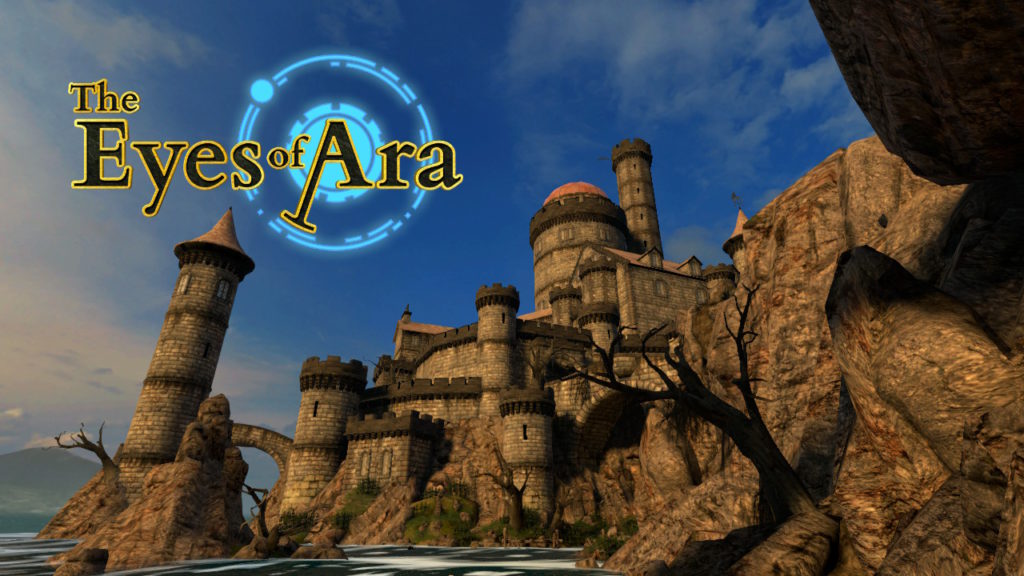
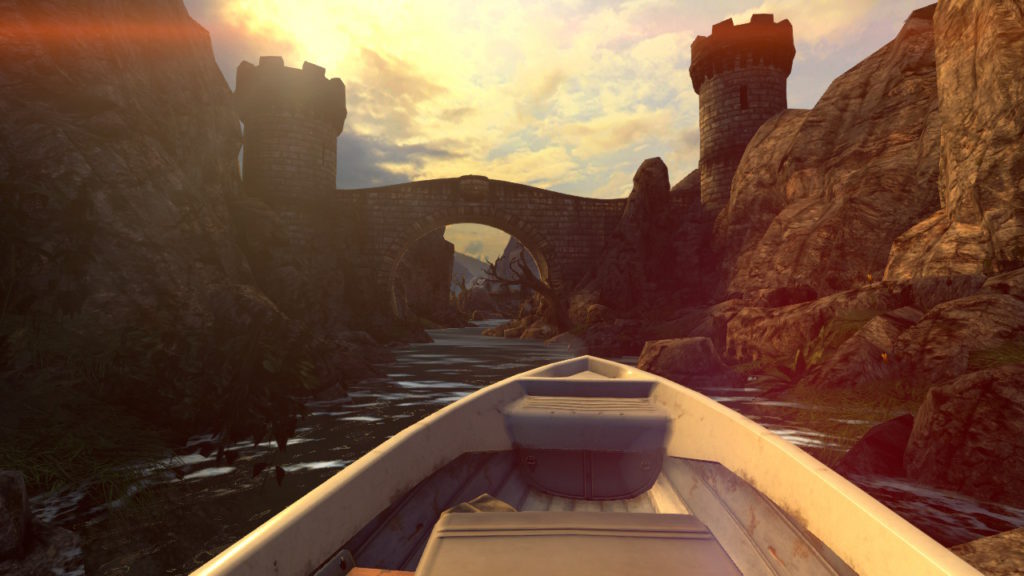
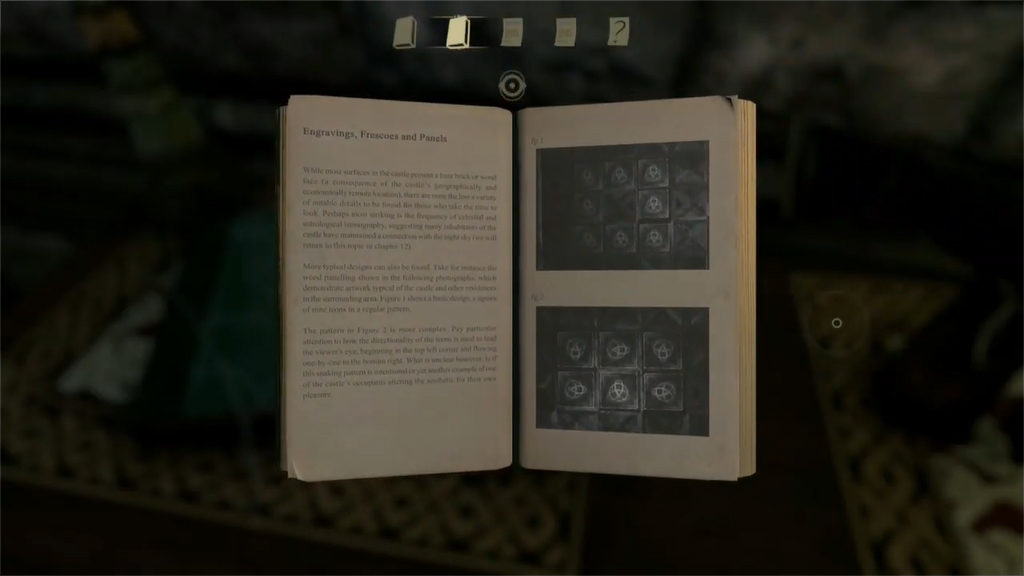
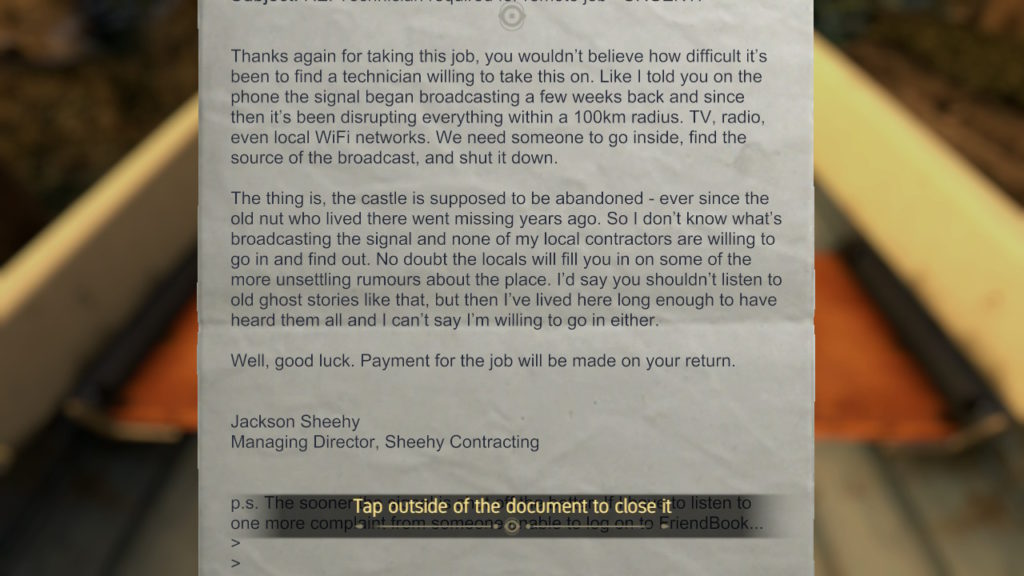
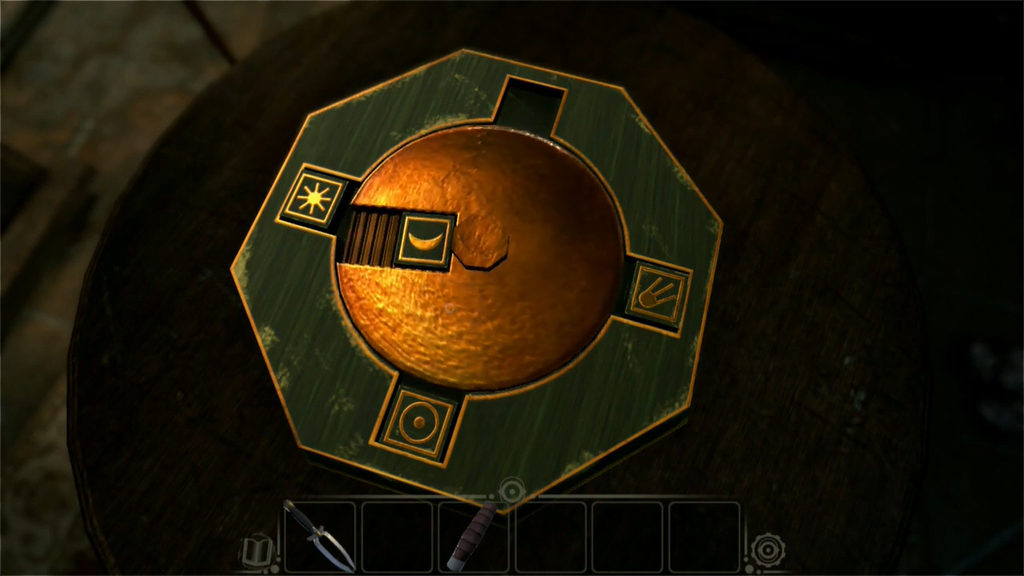
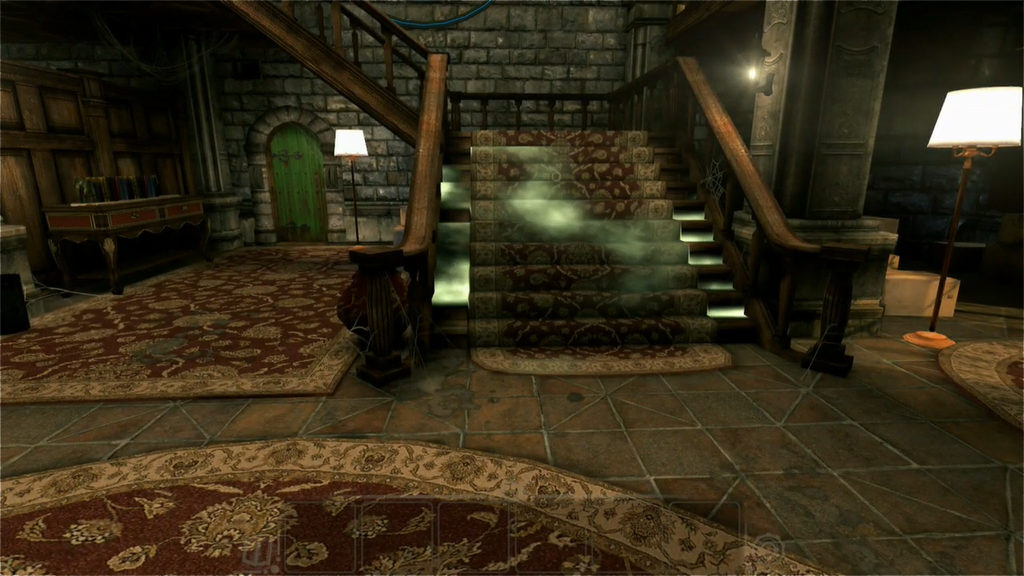




No Comments